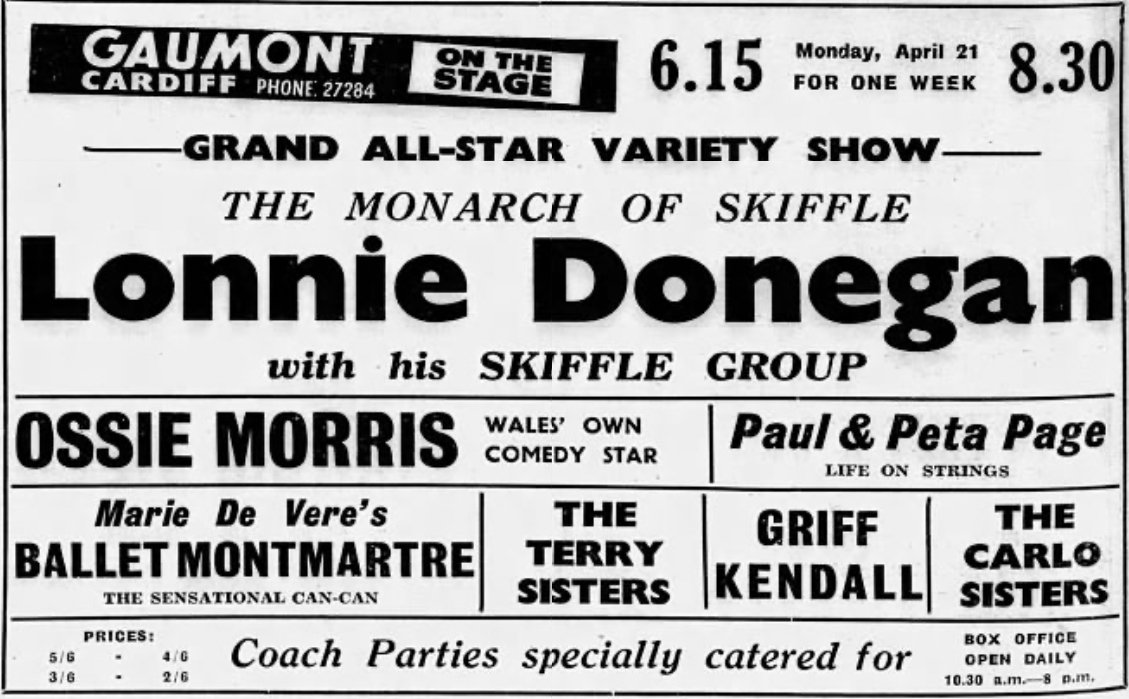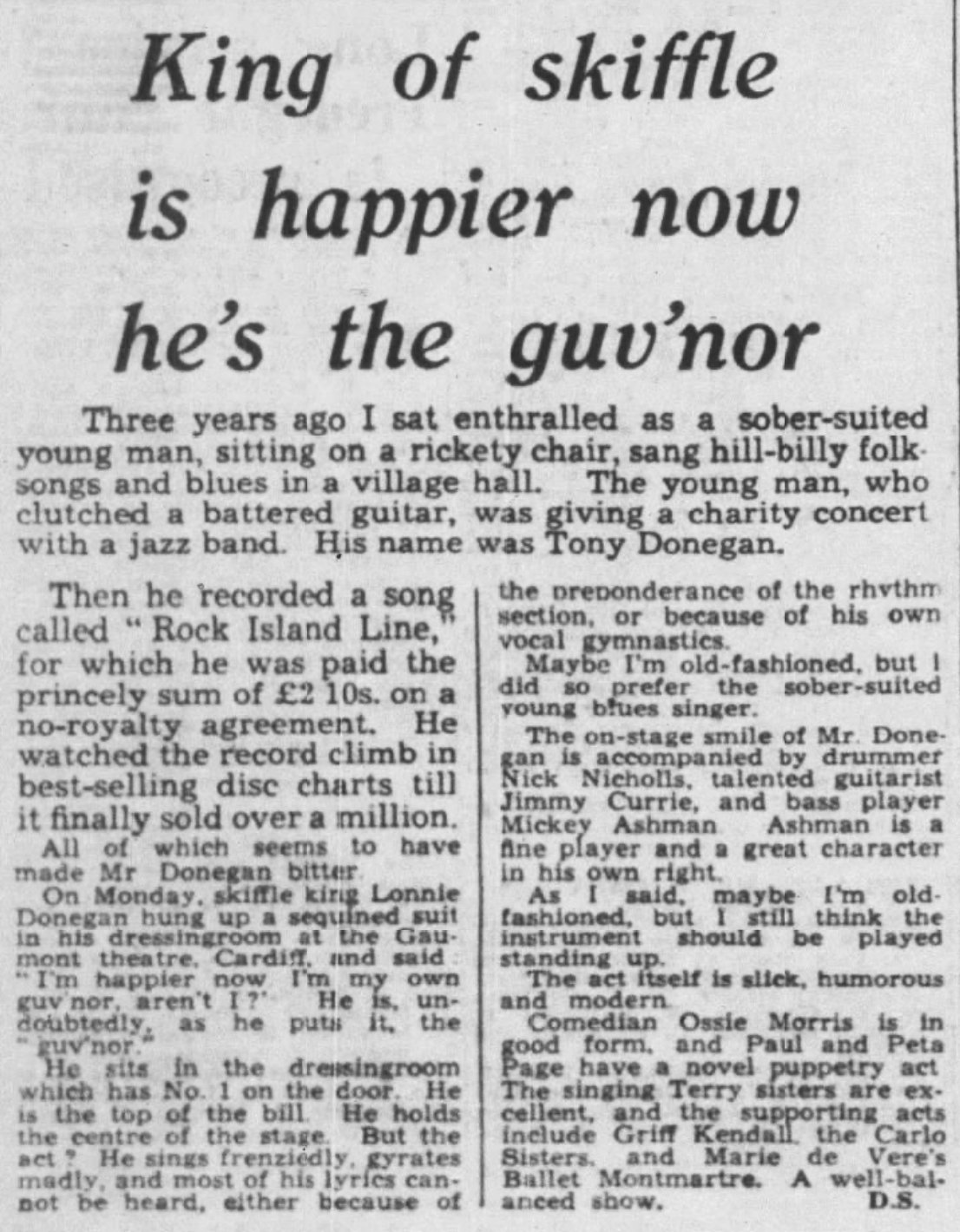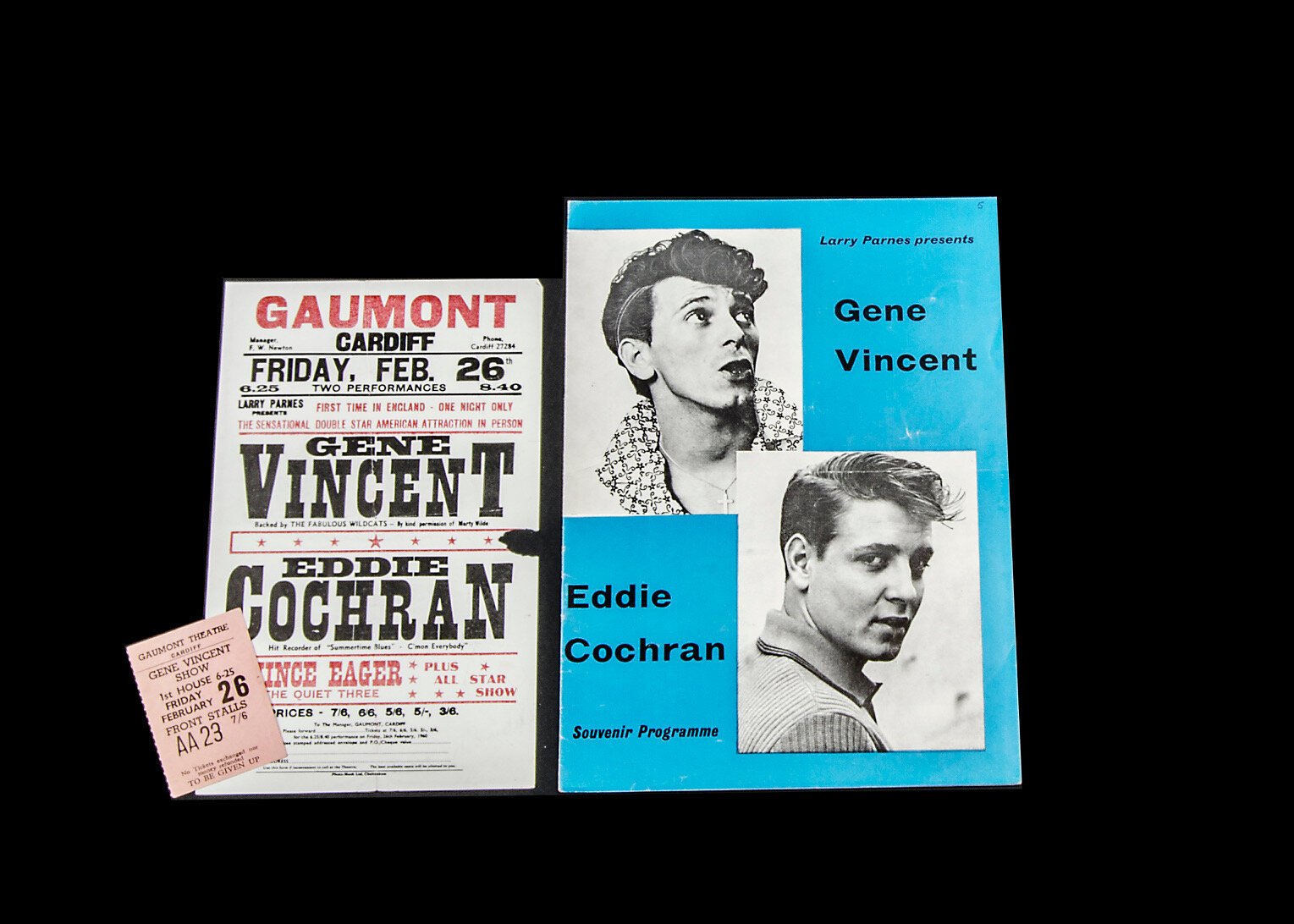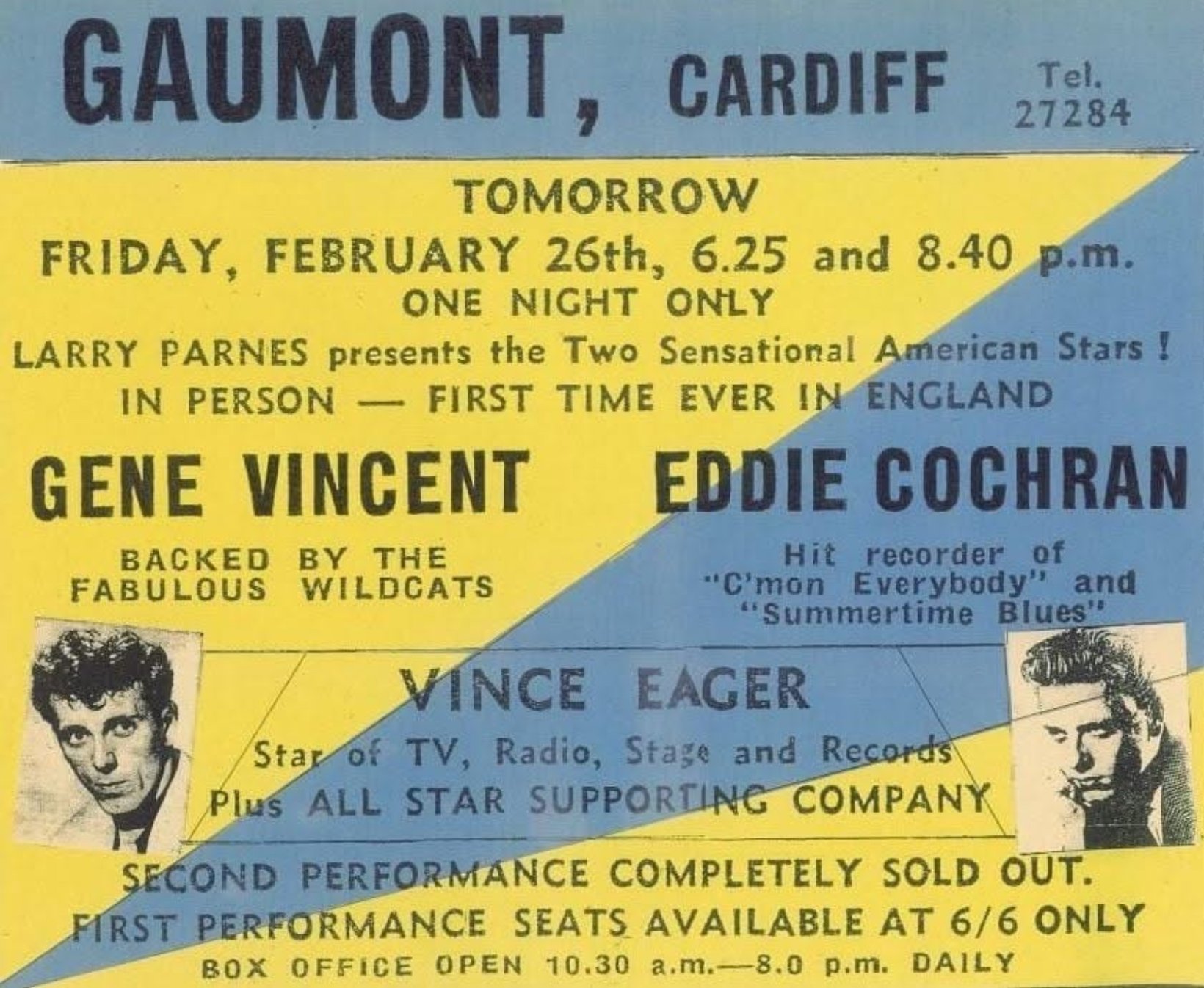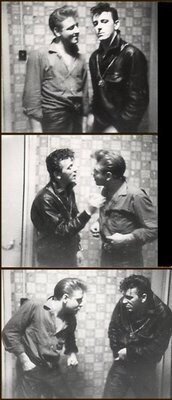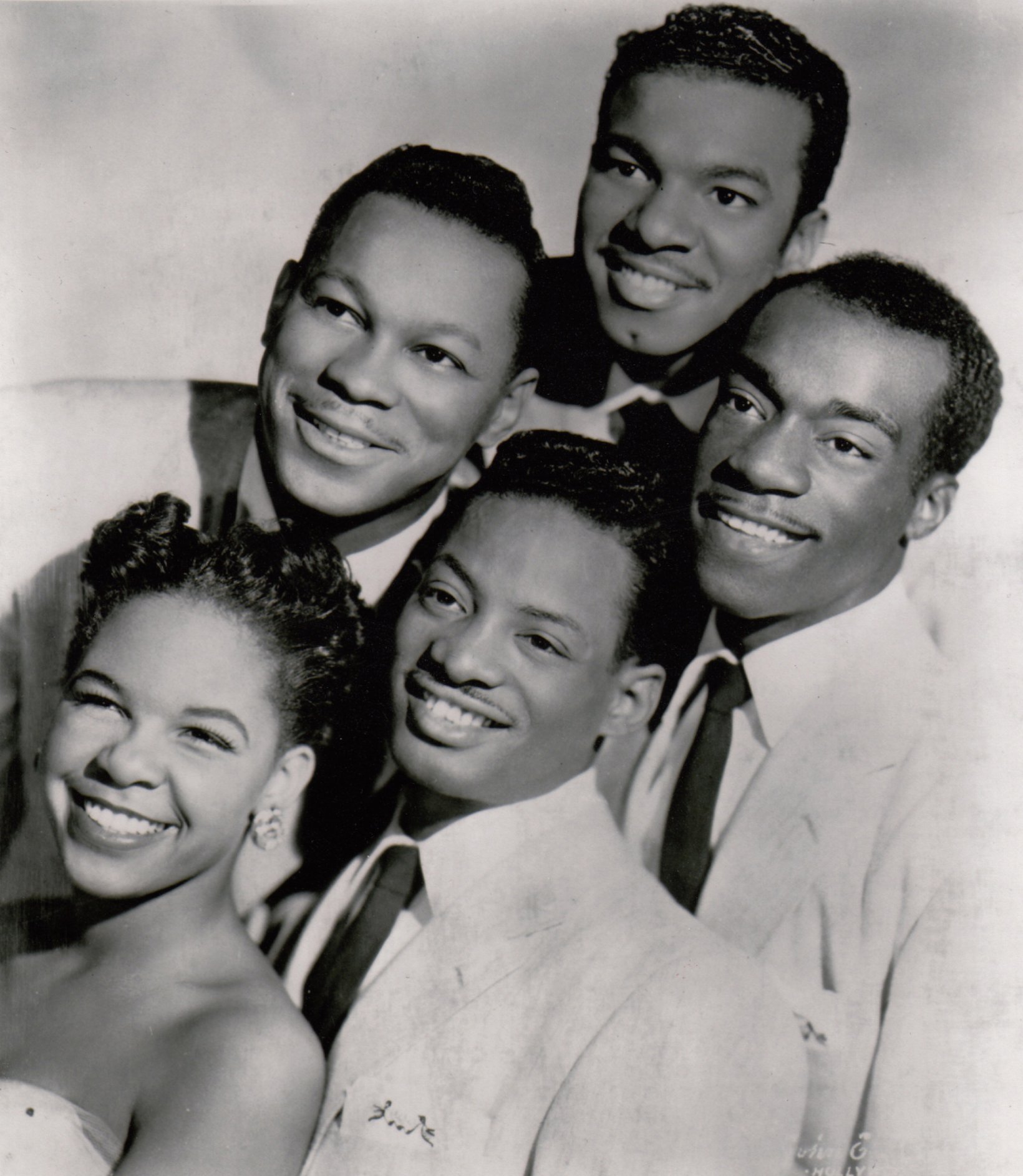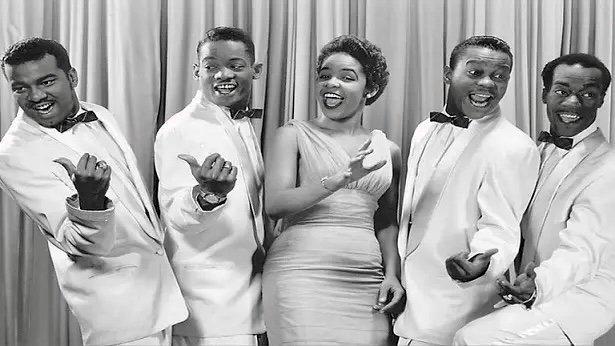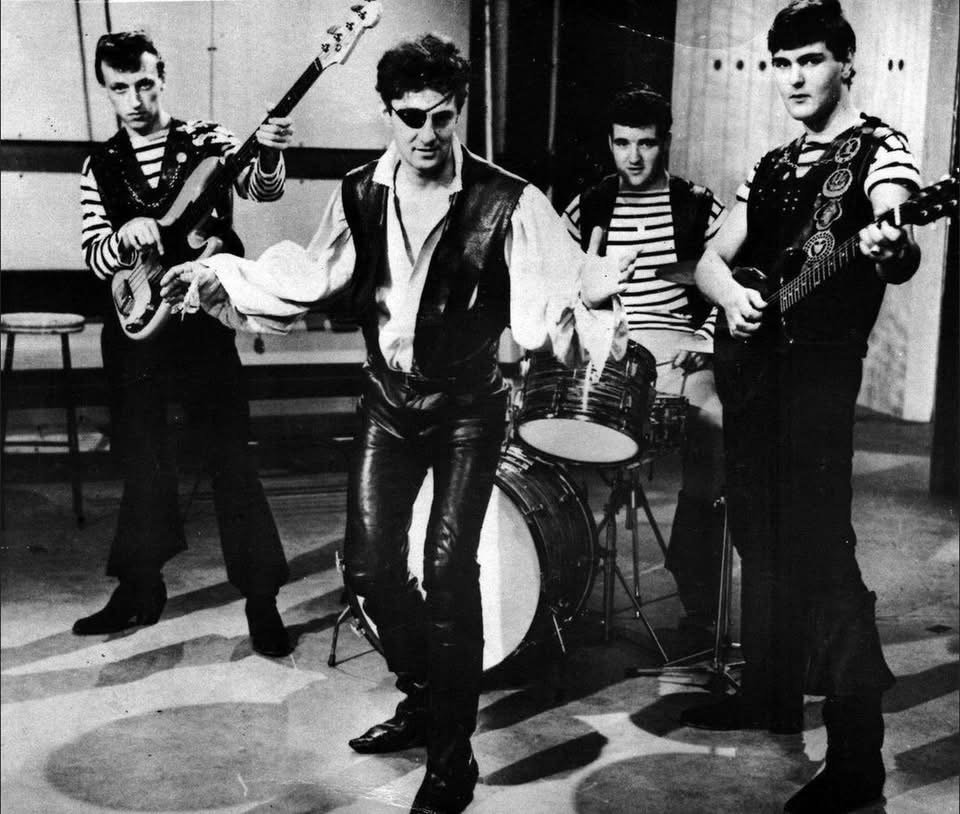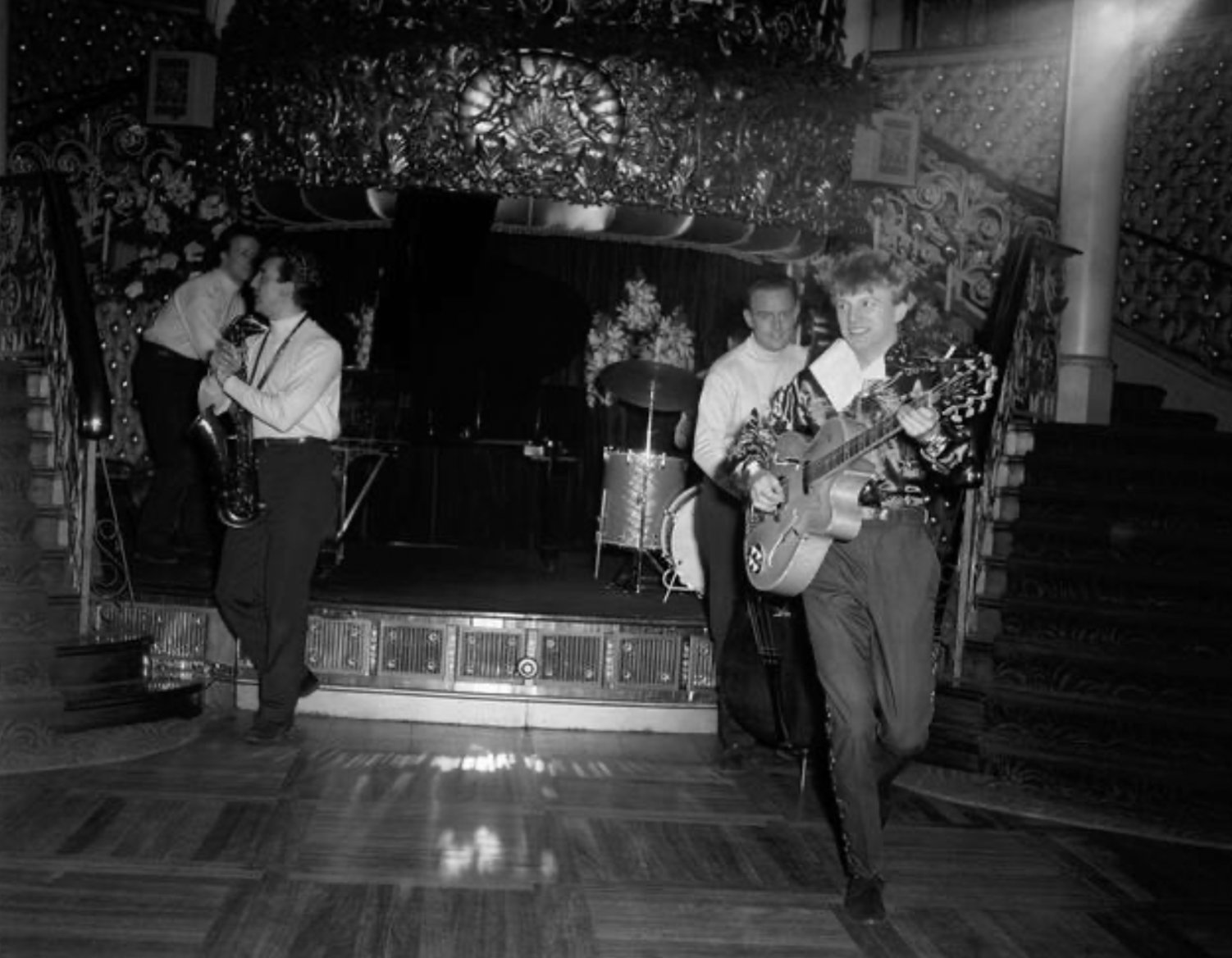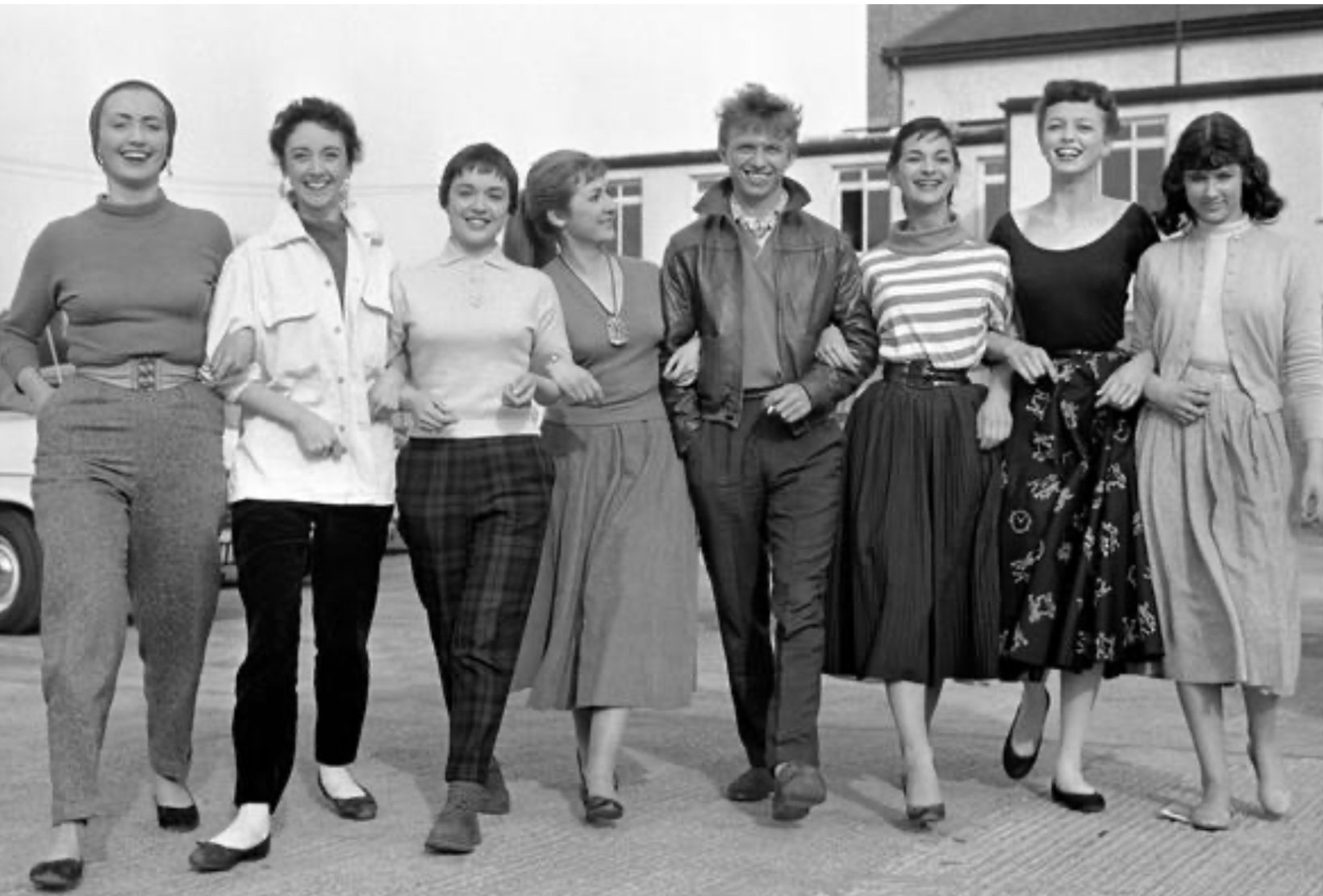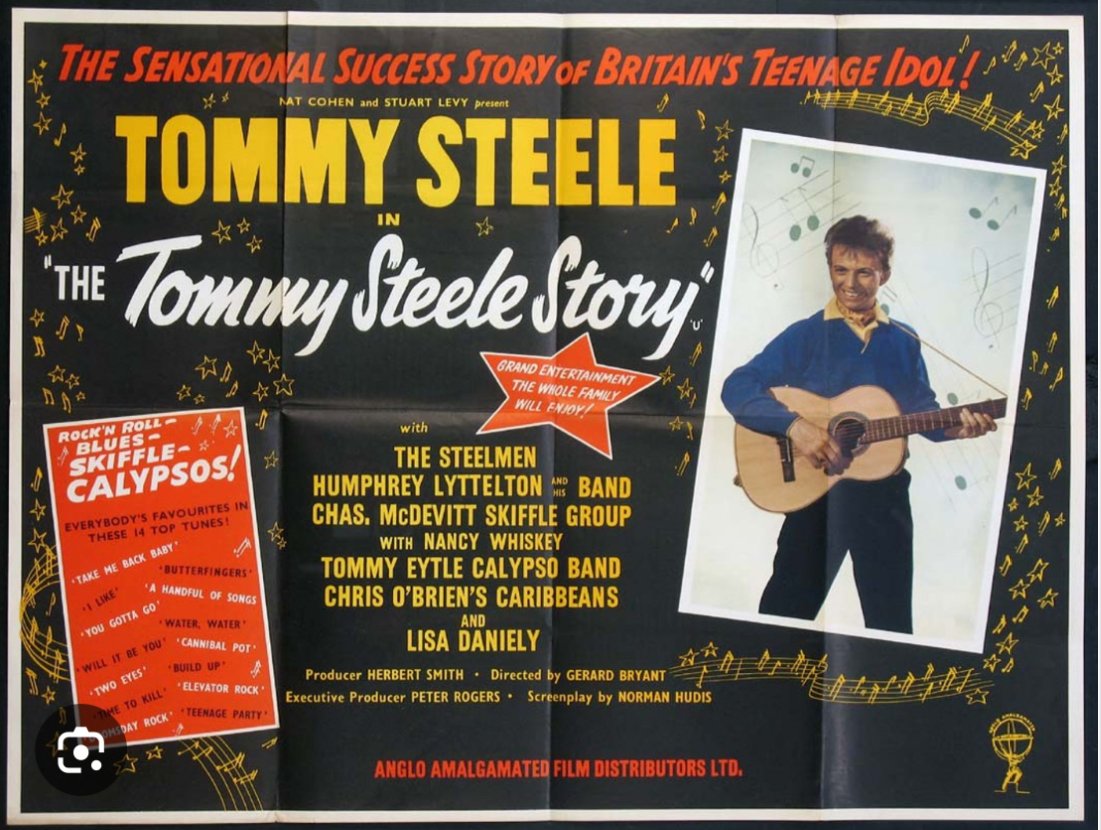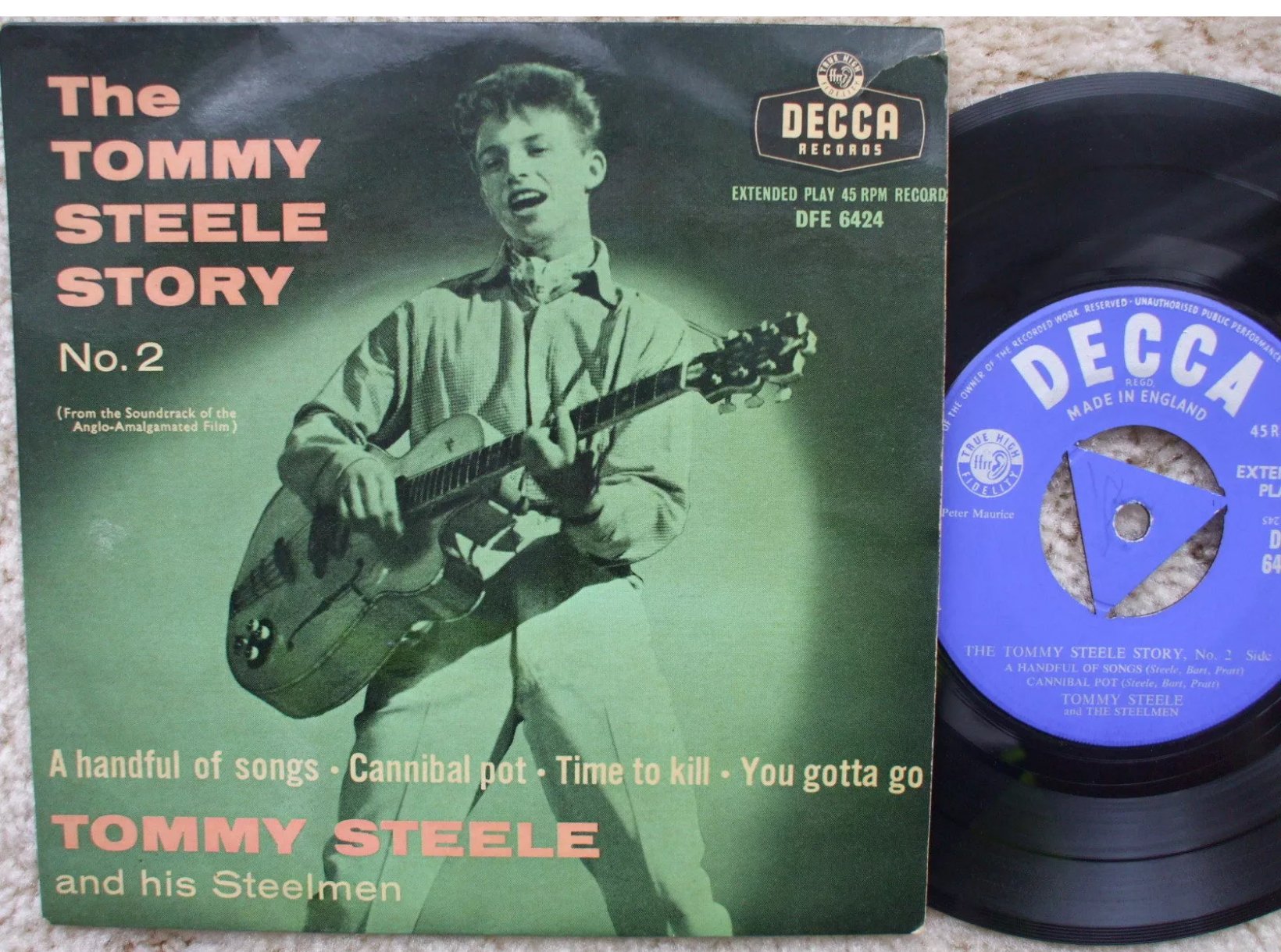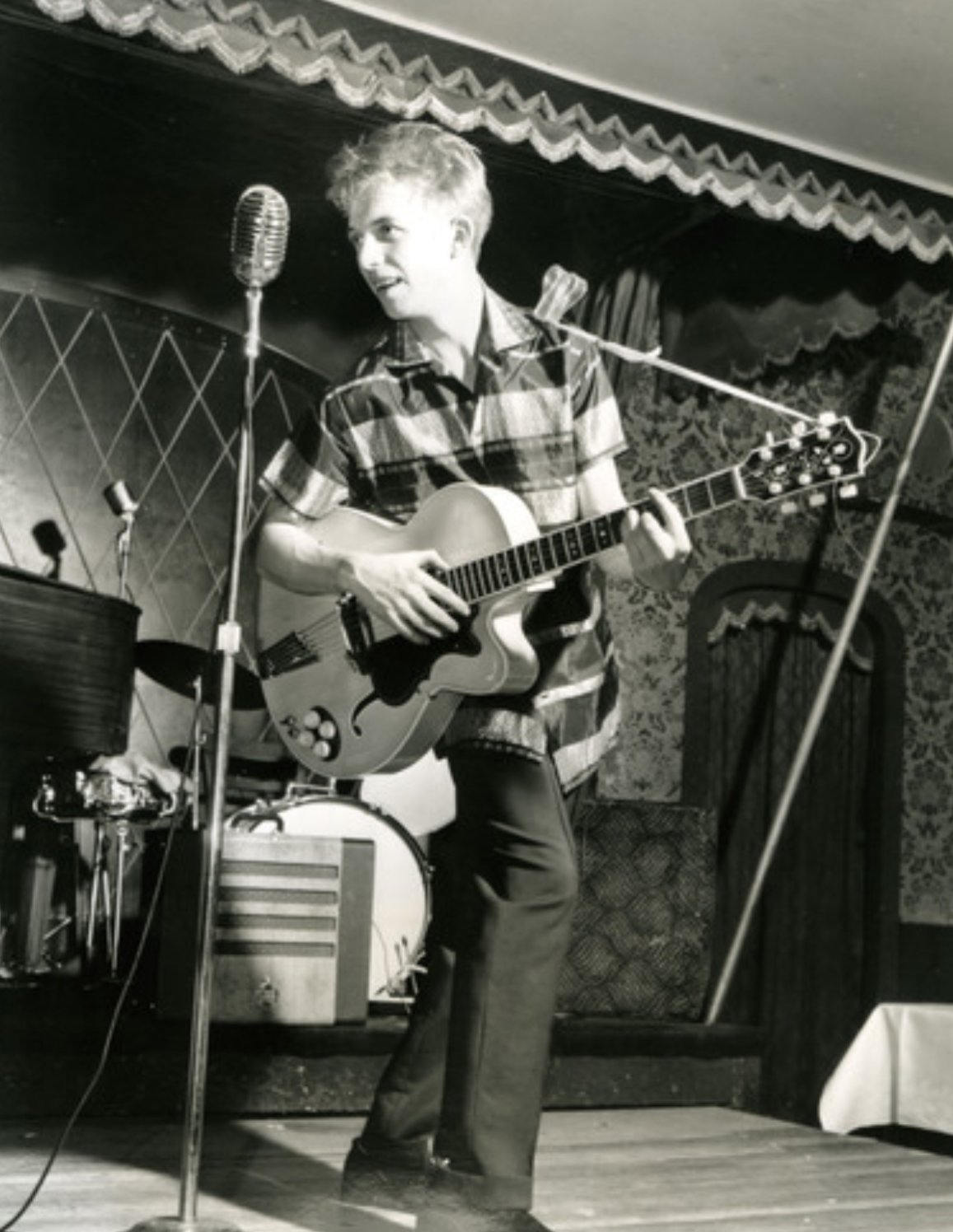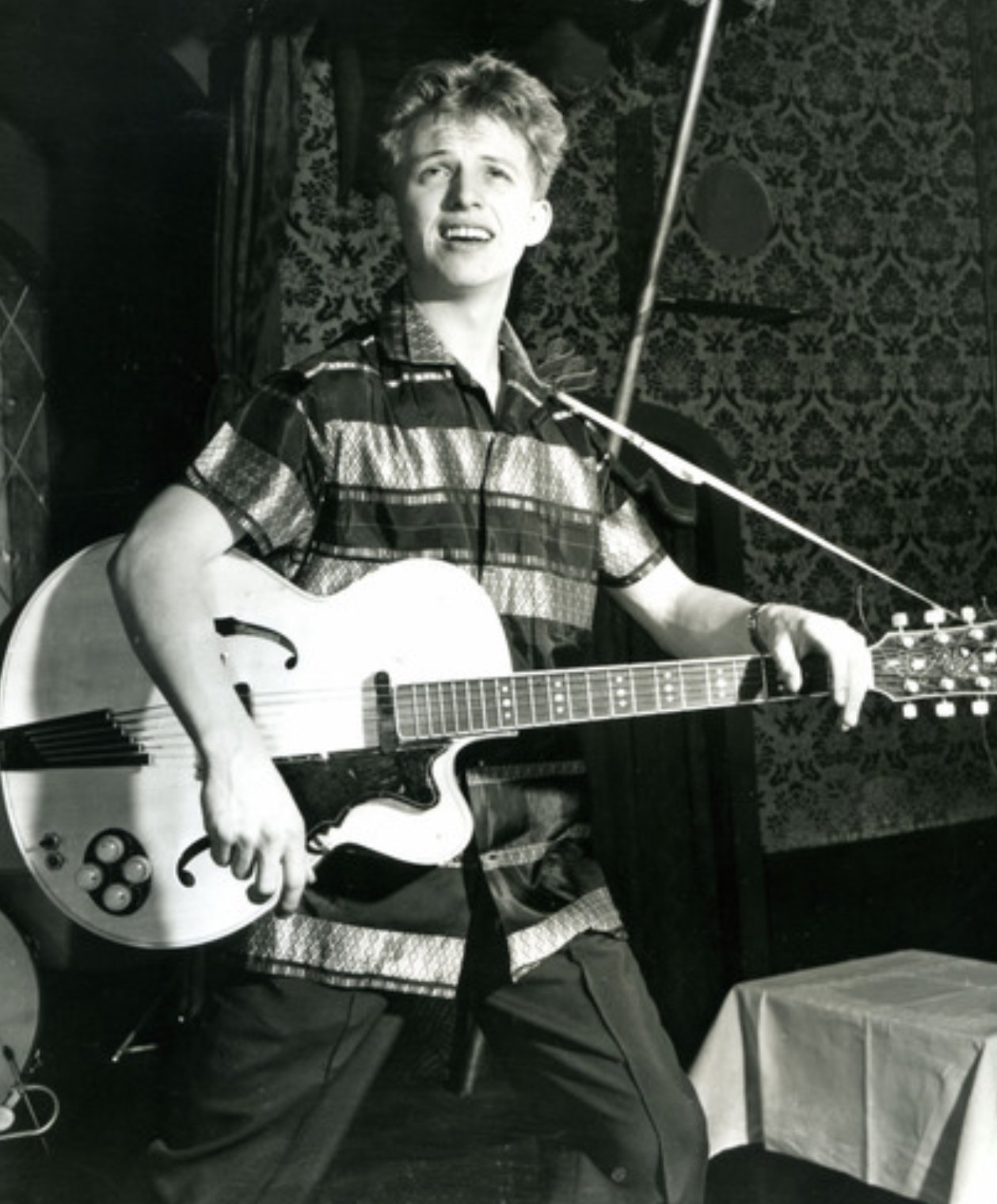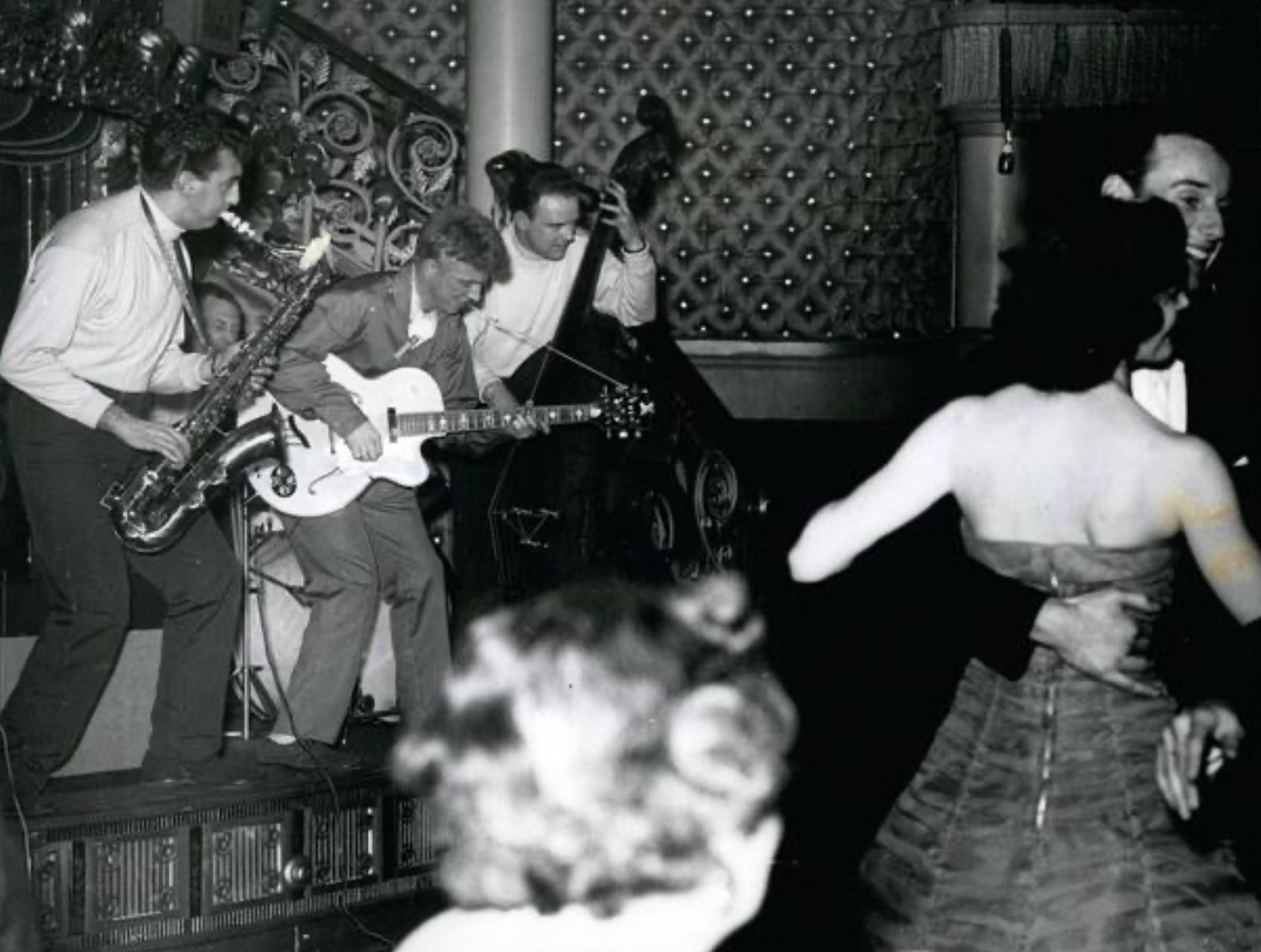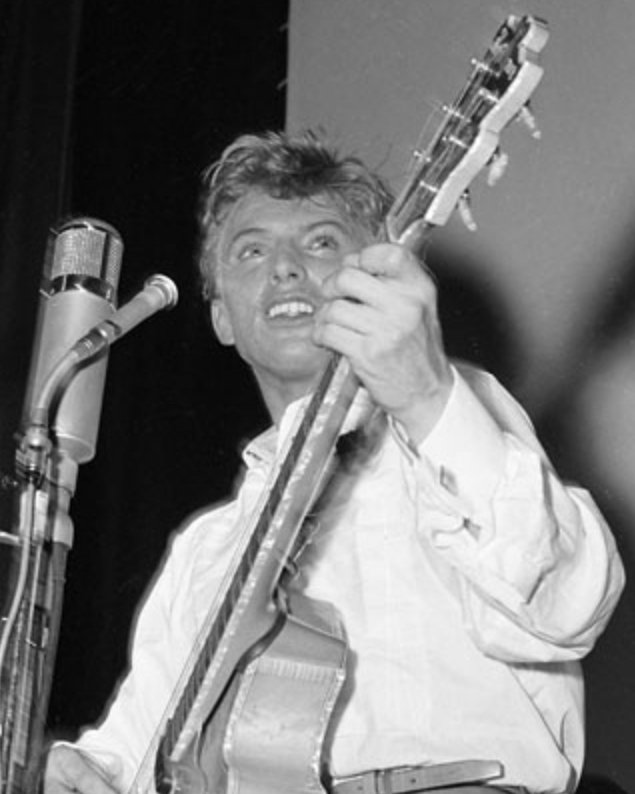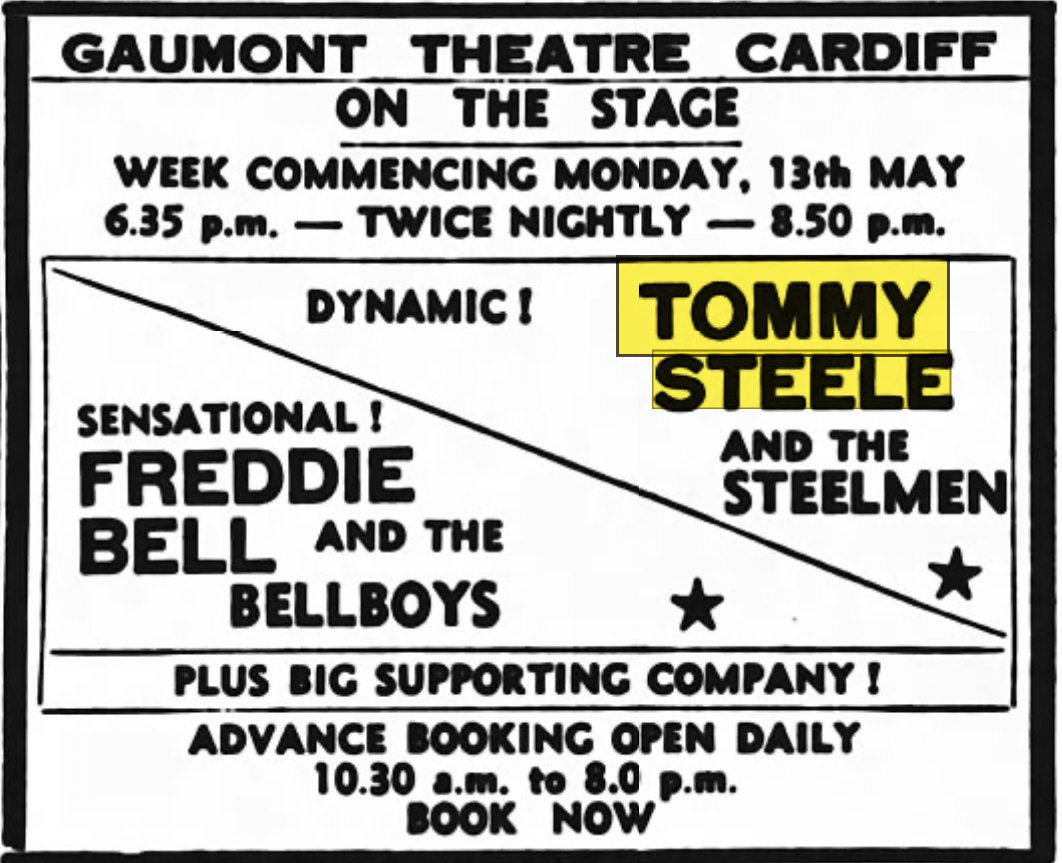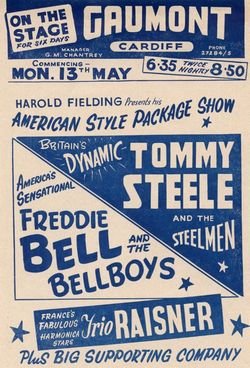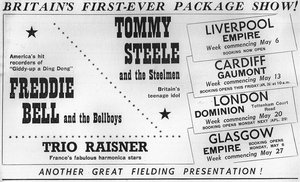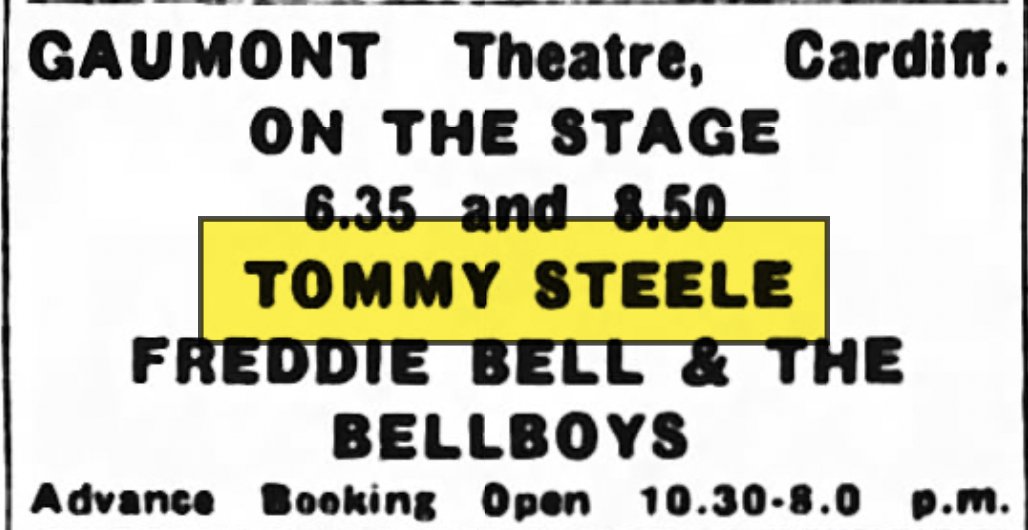Steele's first single, "Rock with the Caveman", was one of the first British rock and roll hits, reaching number 13 on the UK Singles Chart in November 1956. He promoted the single with his first television appearance, on bandleader Jack Payne's BBC series Off the Record, and quickly became a national teen idol.
Steele's success saw him dubbed "Britain's Elvis", though his appeal has been characterised as less provocative than Presley's. A 1957 concert review by Trevor Philpott of Picture Post described Steele's act as possessing "not a trace of sex, real or implied", whilst Stephen Glynn has written that Steele's voice "was genial before threatening, his stage demeanour more playground skip than bedroom thrust".



